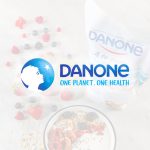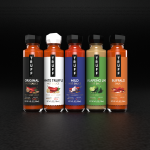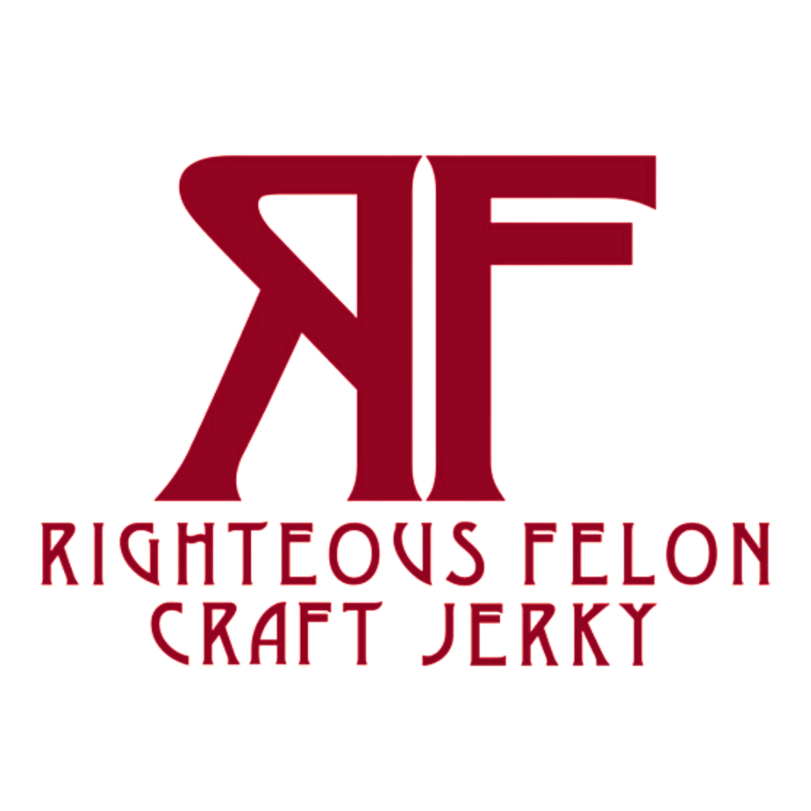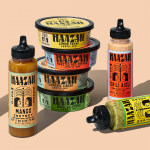Additional Baby Food Brands Come Under Fire For Toxic Levels of Heavy Metals
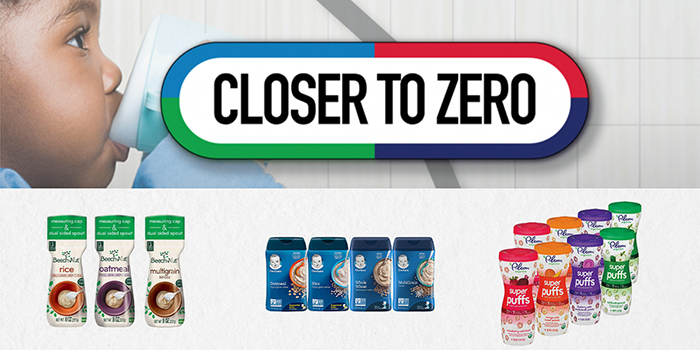
Baby food manufacturers are under fire once again. A new staff report from the House Oversight Committee found additional infant and baby food products that contain high levels of arsenic, lead, cadmium and mercury and that product recalls following a February congressional report disclosing the category’s toxic levels of heavy metals were insufficient. The report also claims that the industry-wide standard for product testing amounts to little more than an “estimate” of the actual level of toxic heavy metals in a finished product and urged the FDA to issue guidance on product testing.
How did this start?
Heavy metals naturally occur in rice-derived ingredients such as rice cereals and flour. Current industry practice is to test the ingredients prior to manufacturing finished products. This month’s report found the majority of rice-based baby food products still significantly exceed the FDA’s standard for inorganic arsenic present in baby food which is 100 parts per billion (ppb). Comparatively, the FDA has set a standard of 10 ppb for the presence of the metal in bottled water.
Though the FDA and EPA have been looking into the levels of toxic heavy metals present in baby food since 2017, the efforts hit a new level of urgency following a February report by the House Oversight Committee which released high level findings from the investigation and called out brands including Happy Family Organics, Beech-Nut Nutrition Company, Earth’s Best Organic and Gerber as containing dangerous levels of arsenic, lead, cadmium and mercury in their baby food products. The researchers also noted three companies — Plum Organics, Walmart’s Parent’s Choice and Sprout Foods Inc — had failed to provide the necessary information needed to confirm the levels of toxic heavy metals in their baby food product lines.
In April, the FDA announced the launch of its “Closer to Zero” action plan to address the issue through four phases, starting with an evaluation of the scientific data behind the report and new findings, followed by proposing action levels for certain toxic elements. Next, stakeholders are consulted and, finally, the agency issues rules mandating achievable and feasible action levels.
Following the launch of the action plan, the FDA funded testing for BeechNut products when Alaska health officials detected toxic levels of heavy metals in the brand’s rice cereal line, which subsequently were voluntarily recalled. Gerber’s rice cereal products were also found to have similar levels of toxic metals but the company did not withdraw its products from the shelf. In a statement provided to USA Today, a Gerber spokesperson said its products were retested by the FDA and they advised no action needed to be taken. Additionally after the report was published, Plum Organics, Walmart and Sprout Foods began to cooperate with investigators and provided documentation that also revealed concerning levels of heavy metals and insufficient to nonexistent testing protocols for their finished baby and infant food product lines.
What happened in the new report?
In the report released last week, the House Oversight Committee said there are numerous food manufacturers producing products that surpass and in a few cases, double or triple the FDA’s maximum level of inorganic arsenic. The report added that steps must be taken by both companies and the FDA to not only better test products but also regulate this category of food products.
“As a parent, my first priority as Subcommittee Chair is to protect families from consuming harmful products. My investigation continues to reveal alarming information, but I am determined to use the facts to protect future generations,” Chairman of the House Subcommittee Rep. Raja Krishnamoorthi said in a statement.
Several brands were specifically mentioned by the Oversight Committee. For example, the report noted that Beech-Nut’s June recall only included two of the six SKUs that Alaska officials found to contain dangerous levels of inorganic arsenic. All six product lines, however, significantly exceed the FDA’s limit, which was already considered “dangerously-high” according to the new report, and that maximum level will now be lowered by the FDA. Beech-Nut, however, claims the report is incorrect and a spokesperson told USA Today that the company not only recalled all of the affected products but also ultimately chose to exit the market with its infant rice products because it could not consistently obtain rice flour well-below the FDA guidance level.
The new report also noted both Plum Organics (which was recently sold to SunMaid by Campbell’s) as well as Walmart’s Parent’s Choice baby food lines were tainted with high levels of inorganic arsenic and other toxic heavy metals. Though Walmart previously has its own internal maximum for arsenic levels in its finished products,, the retailer’s decision to drop that standard displays a “concerning lack of attention” to product testing, according to the report.
“In 2018, Walmart abandoned its protective standards of a maximum inorganic arsenic limit of 23 ppb, quadrupling its standard to 100 ppb without any justification,” the report notes. “The decision was an extreme course reversal on efforts to protect babies’ neurological development.”
According to the Committee, the retailer was unable to provide any justification for this back step. However, Randy Hargrover, a Walmart spokesperson, told USA Today that the retailer requires all supplier products to meet FDA guidelines and that it is “encouraged [that] the FDA launched a collaborative process to establish science-based standards for infant and baby foods and look[s] forward to further guidance.”
What does this mean for the industry?
Overall, the investigation revealed that the majority of baby food companies do not test finished products for toxic heavy metals. Citing the findings of this investigation, the report called on the FDA to mandate product testing for all finished baby food products stating that the estimate-system currently used leads to “dangerous underestimates” of the levels of toxic heavy metals, namely inorganic arsenic.
The committee is also urging the baby food industry as a whole to phase out product lines that depend on rice or find substitute ingredients due to the grain’s naturally high levels of inorganic arsenic.
On the government front, the subcommittee is now urging the FDA to accelerate the timelines proposed in its Closer to Zero action plan, citing the test results from Beech-Nut and Gerber products to justify a need for new industry standards.
“My Subcommittee’s investigation has pulled back the curtain on the baby foods industry, and each revelation has been more damning than the last,” Rep. Krishnamoorthi said in a statement. “Today’s report reveals that companies not only under-report the high levels of toxic content in their baby food, but also knowingly keep toxic products on the market. The facts speak for themselves, and the fact of the matter is that the baby food industry has consistently cut corners and put profit over the health of babies and children.”

